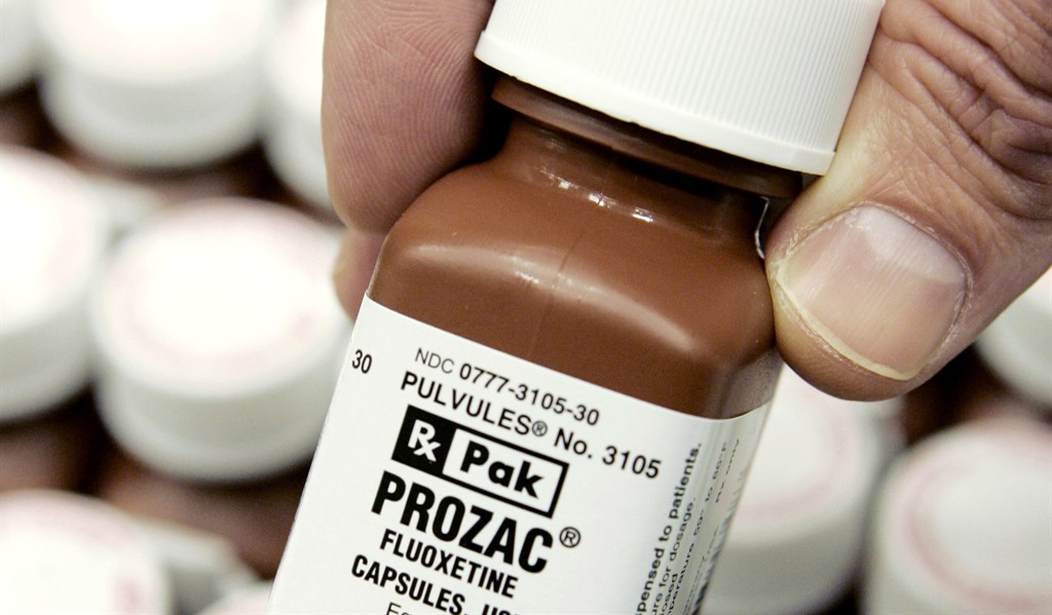I saw this tweet today and it started me thinking.
I can’t stop thinking about this.
Why is America so sad? https://t.co/ML1MDomVWJ
— Jesse Kelly (@JesseKellyDC) July 15, 2022
I was diagnosed with chronic depression over 15 years ago. At the time, I really didn’t know what depression was. I didn’t have any understanding of it. I thought it meant just being sad a lot, or being bi-polar (another thing I didn’t really understand). I would have told you before my diagnosis that I have never suffered from depression. I didn’t know how to identify it, and when I finally did, I felt embarrassed by it. It made me feel weak. It still does.
I sought therapy, I learned coping tools, I enlisted the help of family and friends. I had a brief dalliance with medication but in the end my husband and I agreed they made us both uncomfortable. I made a commitment to myself to be open about it. I did not want to feel ashamed. I did not want others to feel ashamed. I spoke about it freely…for a while. These days, I find myself wondering if we’re just talking about all this way too much. Or maybe we’re talking about it too much in the wrong way, and not enough in the right way.
Depression has become so common, it makes one wonder (like Jesse Kelly wondered), why are we so sad? Looking at the chart my colleague shared, I must ask, “Are we sad…or are we sick?”
The rate of antidepressant usage in this country is clearly abnormal when compared to the rest of the world. We have so much here. Why are we so miserable? I contend it is because we are sick, not sad. We’re sick with a lot of things.
We’re sick with ease. The ease of American life has been a blessing in so many ways, but in others it has created a lack of purpose. There is satisfaction in building, working, earning, growing. We are able to farm out these responsibilities increasingly, these days. Americans have dropped out of the workforce in record numbers. It is common for grown adults to still be supported by their aging parents. Our food comes to our door, as does our medicine and virtually anything else we want. Many of us have sedentary jobs (like, for example, this writer, who is stuck in front of a computer screen most of the day). Work brings purpose. Without purpose we are doomed to turn inward, and that’s always a losing proposition, because the human spirit is sick and sinful. Without an outward goal, we are doomed to feast on our own, rotting flesh, and it makes us sick to the soul.
We’re sick with secularism. Yes, work brings us purpose, but purpose is bestowed by a Creator. Statistically speaking, most people in the world believe in a Creator, whether that’s the Christian God, or multiple gods or any other iteration of religion. Westerners are the outliers when it comes to faith, and it shows. Among Christians, there is a popular saying.
Every person is born with a God-shaped hole in their heart.
We are born with a space that needs to be filled. It’s not that controversial of a statement. “What’s the meaning of life?” is a very familiar question. That’s because we are all familiar with the drive to find meaning. It’s innate. Space abhors a vacuum, and if we don’t fill that space with outward motivations – God, family, country, etc. – then something has to fill it. Looking at the above chart, it seems that space has been filled with misery and meds. The further our nation drifts from the concept of being blessed by a Creator, the worse our sickness becomes. We have no outward drive and we are trapped in our own minds. I can’t count the number of friends I have with a debilitating fear of being alone. For them, being alone means being alone with their thoughts and they cannot handle it. When you feel connected to the concept of creation and Creator, it’s much easier to be alone, because you can lean on the concept that you aren’t truly by yourself. You can root yourself in prayer, and in the thoughts of God, rather than your own, chaotic thinking.
We are sick with brokenness. Our families are broken. Our notions of nuclear family have been destroyed by government intervention, cultural Marxism and our continuing drift away from corporate religion. We are raising generations of children without fathers, and the results have been tragic. Children raised with fathers in the home are less likely to experience poverty, behavioral issues, and mental illness. When we hear news of horrific school shootings, we can be certain that the perpetrators – always young men – were on antidepressants or other medications related to mental health, or were fatherless. Often, they are both. We’re missing fathers in a big way in this country, and it has created a spiritual sickness that manifests itself in many ways – violence, poverty, rage, and, yes, depression. The more fathers drop out of the lives of their children, the more the sickness of sadness tightens its grip on our population.
This shocking, sad chart isn’t a sign of sad people. It is a sign of distressed people, people who are in search of purpose and meaning and coming up empty. I suppose it could be said it’s a sign of emptiness.
And then there are the pharmaceutical companies and doctors who are quick to offer drugs as remedy before anything else.
Buts that’s a whole other column.













Join the conversation as a VIP Member